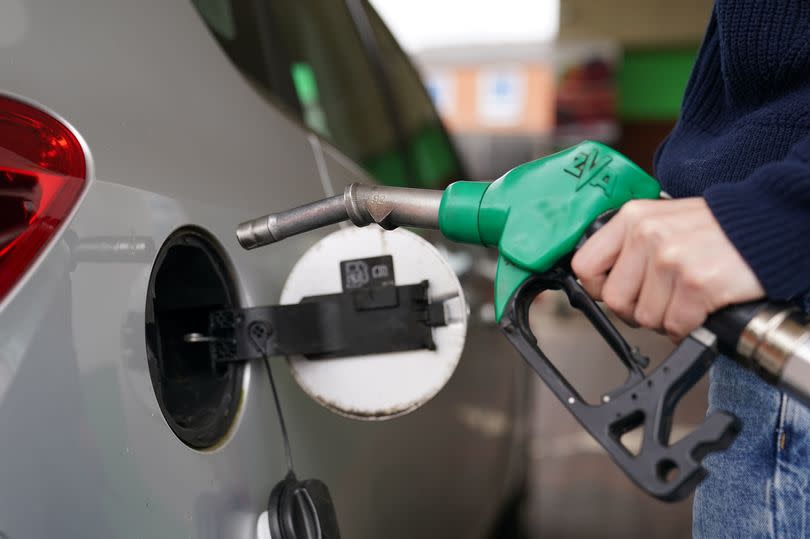Petrol and diesel told they'll save money as expert says 'major supply surplus'

Motorists with petrol and diesel cars have been told they can expect duel prices to drop last year - because of the growing popularity of electric vehicles (EVs). Experts predict the surging interest in a rising tide of electric cars will push down prices at the pumps.
Industry specialists anticipate a deceleration in worldwide oil demand as the supply diminishes. The International Energy Alliance has noted that although oil barrel production is on the rise, this will be counterbalanced by the surge in electric vehicle purchases.
Figures from the Society of Motor Manufacturers and Traders indicate a significant 10.7% increase in electric car registrations from 2023 to 2024, with a notable 22,717 EVs registered in the last month alone. Additionally, the SMMT reports record-breaking sales of pre-owned zero-emission vehicles in the initial quarter of the year, now accounting for 2.1% of total market share.
Read more: Drivers warned over 'polite' move
As sales of electric cars continue to climb, an IEA report projects that the overall global oil demand, which includes biofuels, is set to "level off" at around 106 million barrels per day by the end of this decade.
Fatih Birol, the executive director of the IEA, commented: "As the pandemic rebound loses steam, clean energy transitions advance, and the structure of China's economy shifts, growth in global oil demand is slowing down and set to reach its peak by 2030.
"Based on the latest data, it shows a major supply surplus emerging this decade, suggesting that oil companies may want to make sure their business strategies and plans are prepared for the changes taking place."
Electric vehicles (EVs) are becoming increasingly popular in the UK, with over 100 different models now available to motorists.
This rise in EV availability coincides with an increase in charging points across the country.
As of June, there were 62,500 public charging devices installed nationwide, as both private companies and the Government work to boost capacity.
Between January and March 2024, the total number of charging devices saw an increase in every region and country within the UK.
John Lewis, CEO of Char. gy, expressed his delight at the progress highlighted in a recent Department for Transport report, which showed a strong year-on-year growth of 49 per cent, resulting in nearly 60,000 charge points now in place.
He said: "Particularly encouraging is the expansion of the on-street network, which has now reached 22,000 charge points, accounting for over a third of all charging solutions."
"Given that 99 per cent of UK journeys average less than 100 miles, the availability of charging solutions near people's homes is crucial."
"It's exciting to see the network's growth beginning to reflect the convenience necessary to drive the transition to electric vehicles."

 Yahoo News
Yahoo News 